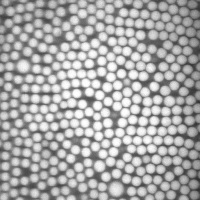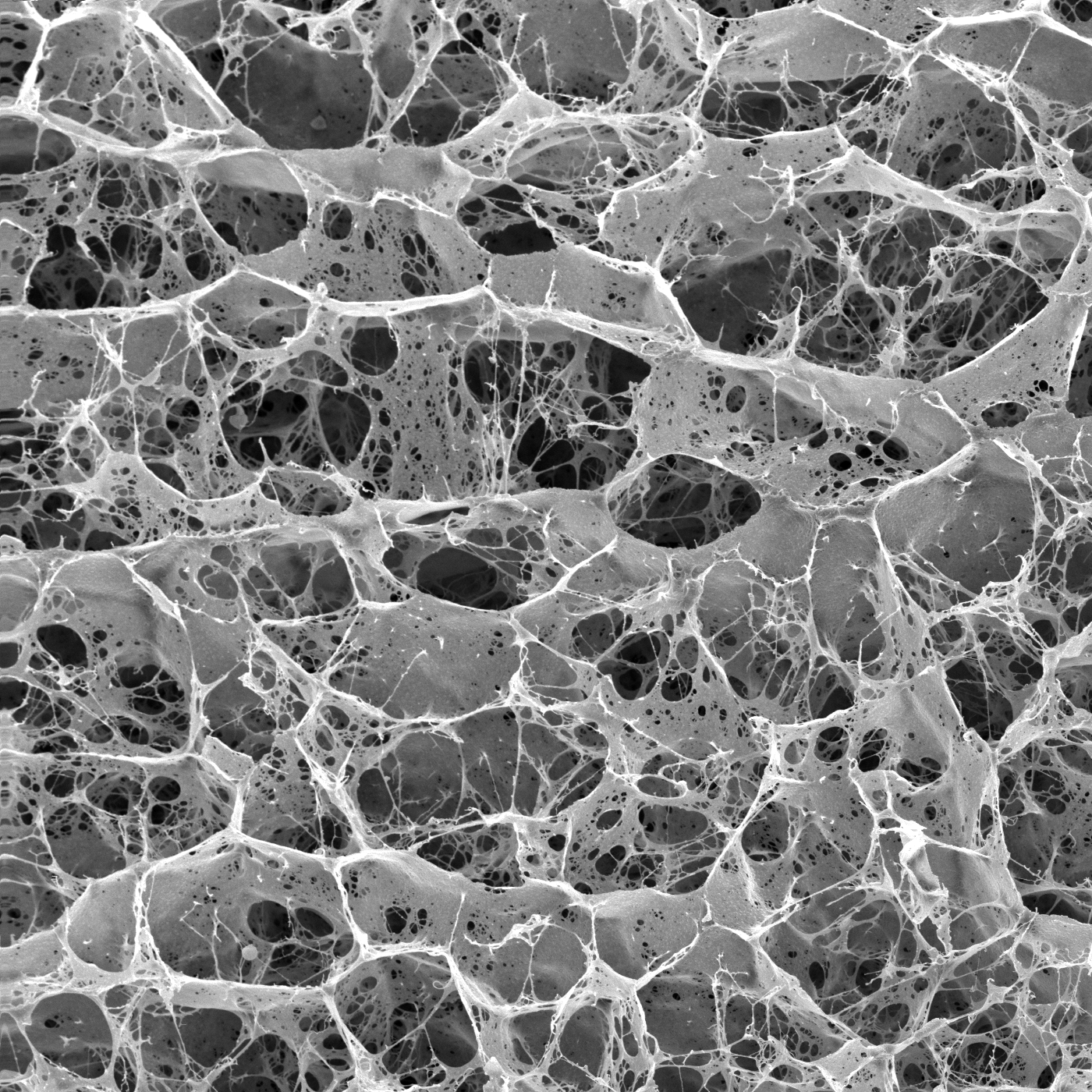Complex Fluids
Complex fluids or ‘soft matter’ encompass a huge range of everyday products including pastes, gels, dispersions and composites. On this page you can find out more about what complex fluids are and why they are important to a vast array of industrial products and processes.
What are complex fluids?
In simple terms, complex fluids are liquids with “bits” in! They contain structures at scales larger than the molecular length scale such as particle dispersions, emulsions, gels and surfactant solutions. Complex fluids can also be living systems such as bacterial suspensions and biological polymers. They surround us in our every-day lives: in food, cosmetics, agrochemicals, cleaning products, pharmaceuticals, fuels and cement mix, to name a few.
In the images below we highlight a few of these different applications and what the corresponding “bits” or underlying micro-structure is. Often the challenge comes in understanding and tuning the microscopic properties of a system in order to effect change in the bulk, macroscopic properties which are usually of paramount importance to consumer satisfaction. Of course in many products and applications, several of these different “bits” can be mixed together to create novel microstructure and thus product functionality.
The term complex fluids is often used synonymously with “soft matter” and indeed, ECFP sits within the Soft Matter and Biological Physics group at the University of Edinburgh. As the group’s name suggests, our academics’ research is broadly focused in two areas. Soft matter physics is inherently interdisciplinary, lying on the interface of physics, chemistry and biology, and soft materials and complex fluids can be defined as materials that are easily deformed by thermal fluctuations and external forces; informally, they can be thought of as all things squishy. The biophysicists within the group study systems with living organisms or active molecules to understand how physical laws affect their structure and behaviour.
The team at ECFP and our academic consultants therefore bridge the gap between the chemists (at the molecular scale) to the engineers (at the macroscopic scale). Our research spans different length and time scales and the combination of our expertise and our instrument capabilities enables us to study many key properties of materials with industrial applications. For example, we are able to assess a product’s shelf life and stability, processability and sensory properties.
How can we help you?
Please get in contact with us to find out more about ECFP and whether we can help you.









